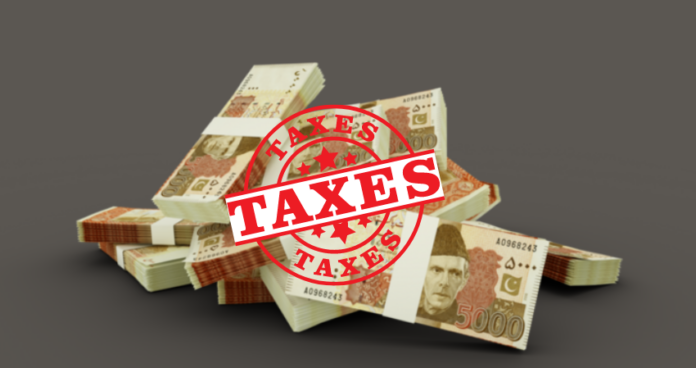Prime Minister Shehbaz Sharif has deferred the approval to increase the effective income tax rate for salaried individuals, raising hopes to block the controversial condition set by the International Monetary Fund (IMF).
Instead, the premier instructed the finance ministry to request the IMF to drop the proposal.
The IMF has proposed extracting an additional Rs600 billion annually from salaried and non-salaried business individuals.
The Express Tribune reported that during the last meeting on taxation proposals for the new budget, the prime minister did not endorse the condition to increase the tax burden on the salaried class.
Pakistan’s salaried individuals are among the top taxpayers after bank depositors, contractors, and import stage taxes. In the first eight months of this fiscal year, salaried individuals paid Rs216 billion in taxes.
The IMF has recommended rationalising tax rates for individuals by removing the distinction between salaried and non-salaried categories and reducing the number of rate slabs to no more than four. It has also suggested lowering the income threshold for higher-rate slabs.
Salaried individuals have five tax brackets with rates of 2.5%, 12.5%, 22.5%, 27.5%, and 35%, with the highest tax bracket starting at an annual income of Rs 6 million. The IMF has also demanded that the current income-tax exemption threshold be retained at Rs50,000 monthly income, which would adversely affect lower middle-income groups earning between Rs51,000 and Rs100,000 a month.
The government aims for a Rs12.9 trillion tax collection target for the next fiscal year, requiring a 40% or Rs3.6 trillion increase from this year’s expected collection.
In its budget recommendations, the IMF has also asked Pakistan to withdraw all income tax credits and allowances, particularly those available to teachers and researchers, and to end education expense allowances and workers’ welfare fund-related tax credits.




